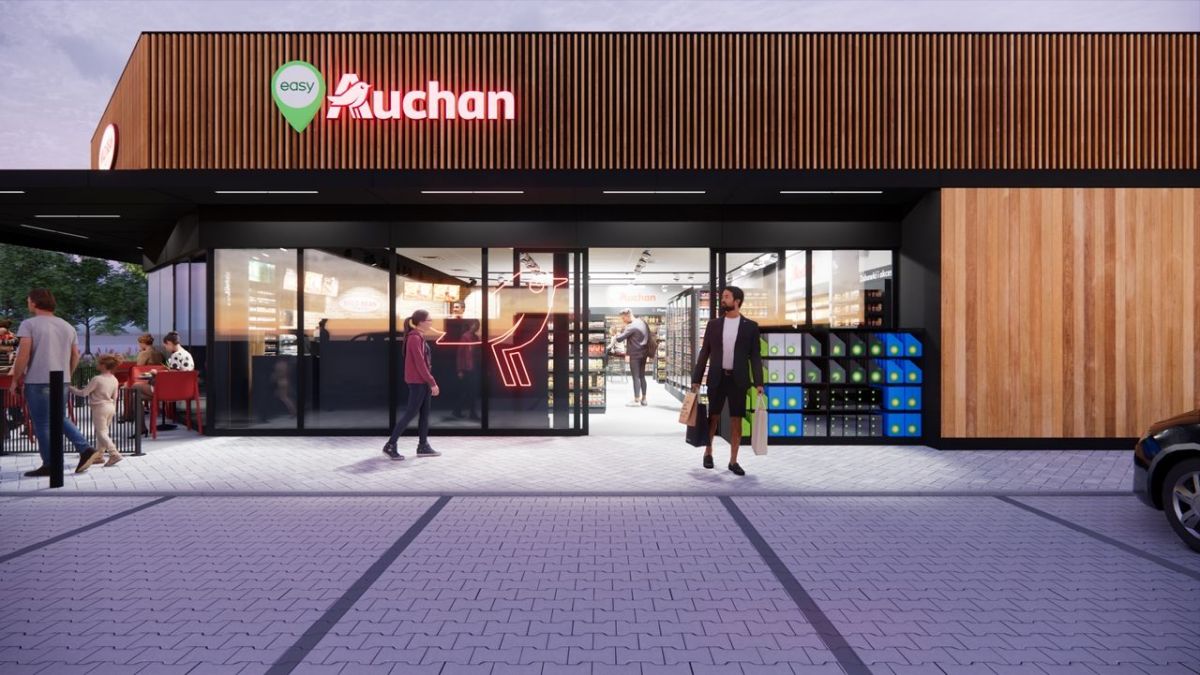No matter how much shopping centres owners have been putting on a brave face, the numbers don’t lie: between January and the end of September this year, across the 140 centres monitored by the Retail Institute, a 28.9 pct slump in footfall was recorded compared to the same period of 2019. During the Black Friday promotional period, footfall was down 23.5 pct on the previous year. The reason for this is obvious: people are still afraid of Covid and are preferring to stay home, or are at least limiting going out to the bare minimum, as shopping habits have been transformed in the wake of the pandemic. This unprecedented situation has forced retail chains to become more creative, by developing their online operations, investing in vending machines, entering into partnerships with petrol stations and introducing mobile apps – anything to improve the access to their goods and stop them from losing customers.
Click and Buy
One convenience store chain that has been investing



























































